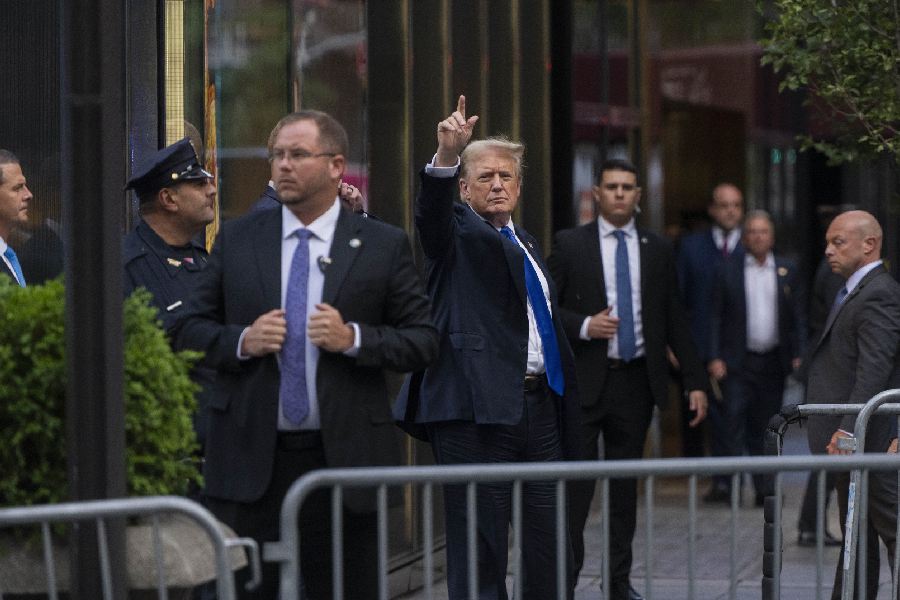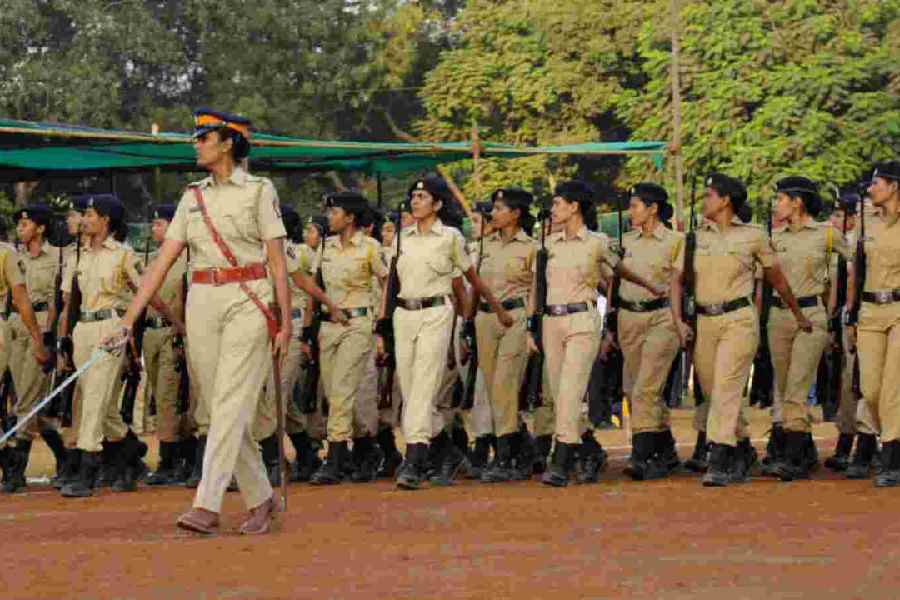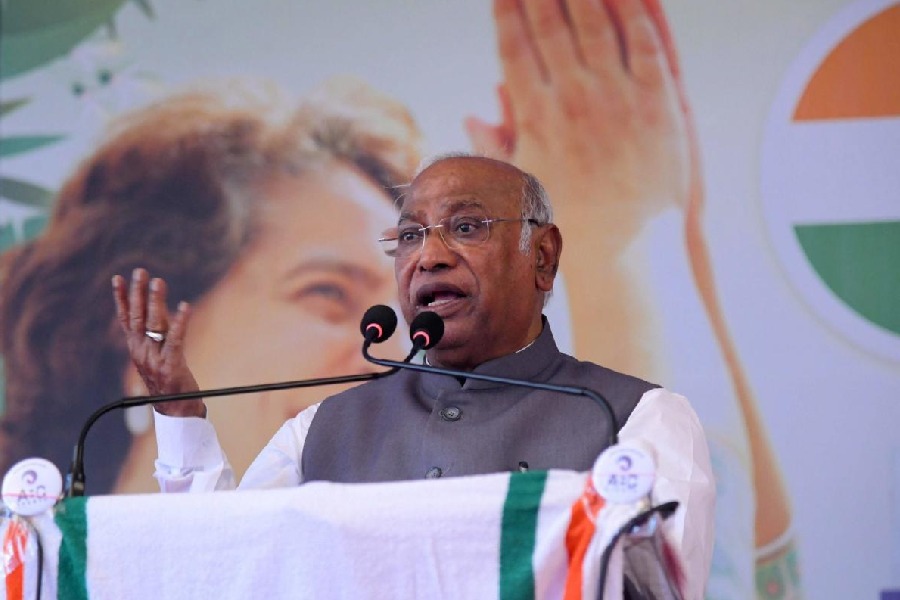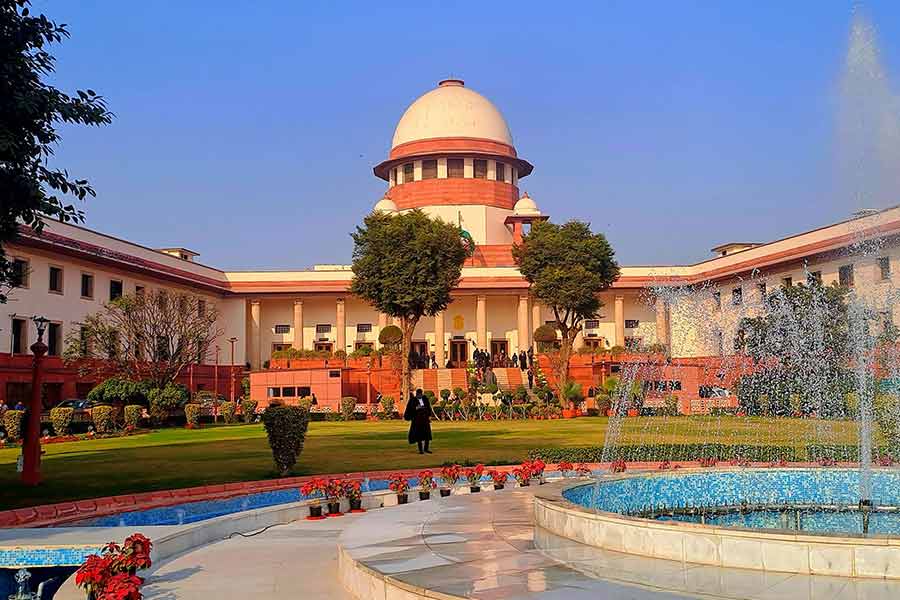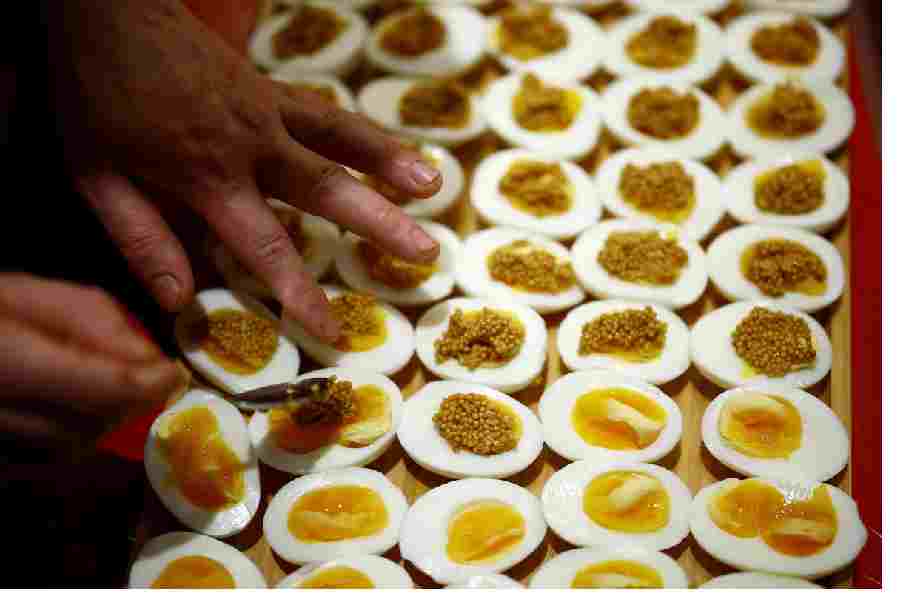“This is long from over,” Donald Trump, the former president and current felon, declared Thursday after a Manhattan jury convicted him on 34 counts of falsifying records to cover up a sex scandal.
Trump, the presumptive Republican nominee, has already outlined a plan to appeal the verdict. But several legal experts cast doubt on his chances of success and noted the case could take years to snake through the courts, all but ensuring he will still be a felon when voters head to the polls in November.
The former president’s supporters are calling on the U.S. Supreme Court to intervene, though that is unlikely. In a more likely appeal to a New York court, Trump would have avenues to attack the conviction, experts said, but far fewer than he has claimed. The experts noted that the judge, Juan M. Merchan, whose rulings helped shape the case, stripped some of the prosecution’s most precarious arguments and evidence from the trial.
Mark Zauderer, a veteran New York litigator, said Merchan avoided pitfalls that often doom convictions.
“This case has none of the usual red flags for reversal on appeal,” Zauderer said.
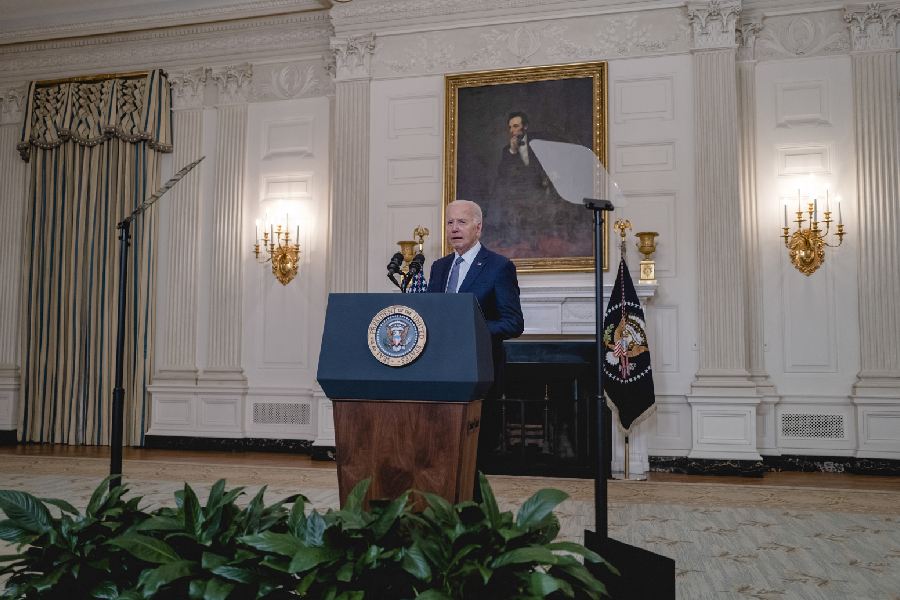
President Joe Biden outlines a cease-fire proposal for the Israel/Hamas conflict, from the State Dining Room of the White House in Washington, on Friday, May 31, 2024. Interviews with dozens of Democrats reveal a party hungry to tell voters that Donald Trump’s conviction makes him unfit for office, and hopeful that President Biden will lead the way. Cheriss May/The New York Times
Even if Merchan’s rulings provide little fodder, Trump could challenge the foundation of the prosecution’s case. Trump’s lawyers note that Alvin L. Bragg, the Manhattan district attorney, used a novel theory to charge Trump with 34 felony counts of falsifying business records.
In New York, that crime is a misdemeanor, unless the records were faked to conceal another crime. To elevate the charges to felonies, Bragg argued Trump had falsified the records to cover up violations of a little-known state law against conspiring to win an election by “unlawful means.” When Trump arranged to buy and bury damaging stories about his sex life, including a porn actor’s story of a tryst, he was trying to influence the 2016 election, Bragg said.
In an appeal, Trump’s lawyers are expected to argue Bragg inappropriately stretched the state election law to cover a federal campaign. And they could claim the false records law itself does not apply to Trump’s case.
“I certainly don’t think there has been a prosecution of falsifying business records like this one,” said Barry Kamins, a retired judge and expert on criminal procedure who teaches at Brooklyn Law School. “This is all uncharted territory, as far as an appellate issue.”
The New York Times News Service

